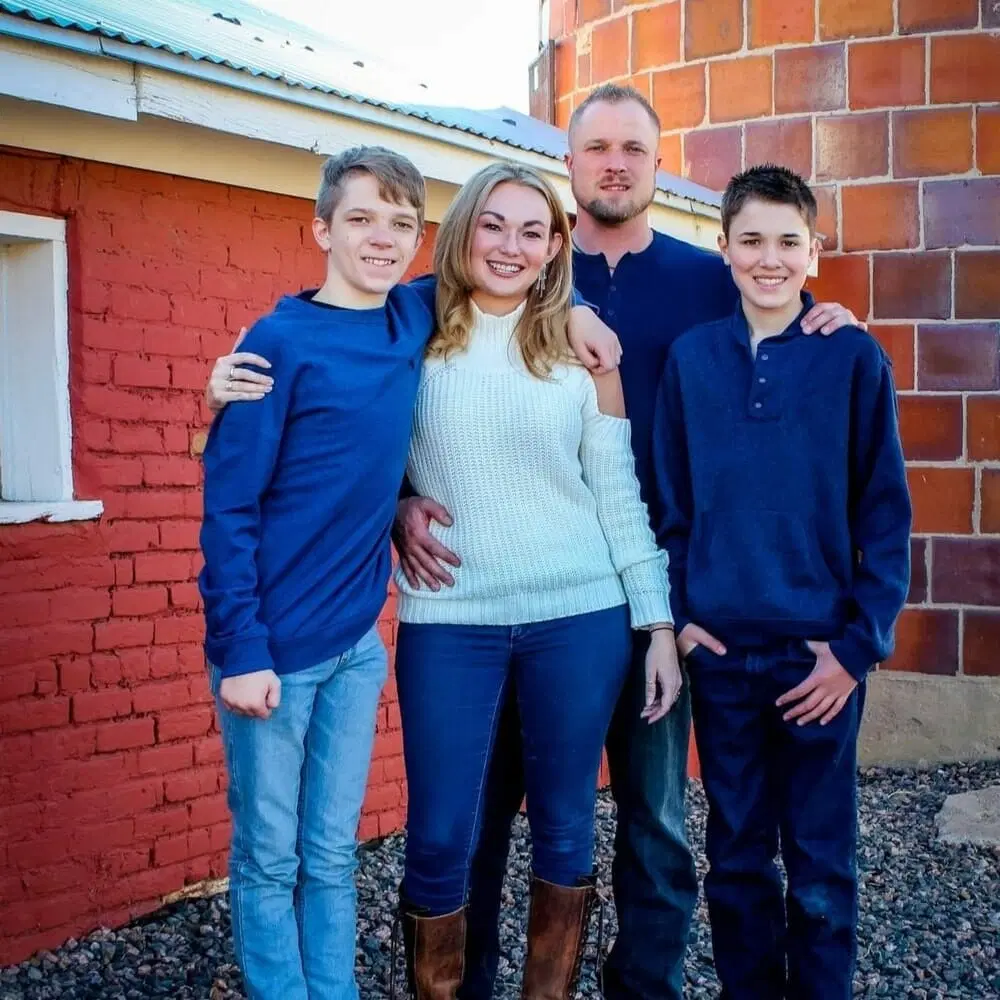10 Things Every Homeowner Needs to Know About Radon
Contact UsRadon Exposure Is Dangerous
Radon is often called the silent killer because it is a colorless and odorless gas. Radon is a radioactive carcinogen, and it’s dangerous.
Radon occurs naturally as it is released from rock, soil, or water and can accumulate within your home. Exposure to radon increases your risk of getting lung cancer. It’s the number two cause of lung cancer overall in the U.S. and the number one contributor to lung cancer for those that do not smoke.
Since you can’t see it, smell it, or taste it, the only way to detect it is with radon testing.
What Homeowners Should Know about Radon Testing
Here are the key things you should know about radon and radon testing.
1. Radon Is in Every State
High levels of radon gas have been detected in every state since it occurs naturally from minerals that exist everywhere. Colorado is a Zone 1 state, which means more than half of our homes and buildings are elevated above the EPA action level.
Radon occurs when uranium in the ground, rock, or water breaks down. Lower air pressure inside your home draws the radon gas in through holes or cracks in your foundation or other openings. Radon can also be present in water and released into the air.
2. Radon Levels Vary Widely
Levels of radon gas can vary widely. Even if the neighbors on both sides of your home do not have higher than recommended levels, does not mean that your home will not test differently. Every home should be tested to determine the presence of radon.
3. Testing Is Easy
A simple test can determine the presence of radon in your home and whether mitigation is required to help lower the gas levels. While there are DIY test kits, we recommend using a radon company that is experienced with testing, monitoring, and mitigation for accuracy.
4. Radon Testing is Recommended By The EPA and the US Surgeon General
If you are buying or selling a home, you should test it. If your home has never had a radon test, you should test. Since radon gas is dangerous, every home should be tested for the presence of radon.
You should also test for radon gas if you recently remodeled your home. Remodeling can change air flow within a home, which can spread radon gas.
Experts recommend testing your home for radon every two years. Homes can settle, foundations can shift or crack, or rock formations under your home can move, which can increase the potential for radon accumulation within your home.
Radon exposure has a cumulative effect. So, the longer you are exposed, the more your health is compromised.
5. Radon Tests Vary in Length From 2 - 365 Days Depending on Your Needs
Short-term tests can take between 48 hours and 120 hours to complete and provide snapshots of radon activity.
6. How Are Tests Conducted?
With short-term screening, the most common way to test for radon is to close the home for 12 hours and use a charcoal test kit. After the required time, the test is sent to a certified lab for evaluation. Electronic testing with a certified technician and a professional device is also an option. This type of quick turnaround is perfect for real estate transactions especially as the results are given immediately upon conclusion of the testing period.
Short term detection can also range from 48 - 96 hours for more accurate results following charcoal screenings.
For longer-term detection, contractors will use electronic monitoring detection instruments or alpha-track detectors to monitor conditions.
7. Radon Testing Is Affordable
Testing for radon is inexpensive. If you need a DIY test kit, it will cost between $25-$100 depending on if it’s a short term screening or a long term detection kit. When you hire a professional radon testing and mitigation company, you will get accurate test results as well as a plan for how to solve any problems that are detected.
8. There are Recommended Levels Indoor Radon Levels
Technically, there is no safe level of radon gas, according to the EPA. However, homes with high radon levels are at the highest risk.
Radon is measured in units of picocuries per liter (pCi/L) in the air. If the radon levels are at 4 pCi/L or higher, the EPA recommends you take steps to mitigate the radon in your home.
If the level is 4 pCI/L or higher
- The EPA recommends taking a second test to verify the accuracy, if the initial test was a short term test with a passive device, such as charcoal..
- Contact a certified and licensed professional to install a radon reduction system.
- Retest after the system is installed to verify levels have dropped to acceptable levels.
If the level is between 2pCI/L and 4 pCI/L
- The EPA suggests you consider installing a radon reduction system.
- Test in a few months to make sure levels haven’t risen above 4 pCi/L.
If the level is lower than 2 pCI/L
- According to the EPA, no action is needed at this time.
- Test again at intervals, especially if you start living on the lowest level of your home, such as using a basement for an office or bedroom or rec room, or if a remodel is performed on the home..
9. Mitigation Might be Necessary
If radon is detected, there are steps you can take to mitigate it. A certified radon professional can evaluate your situation and recommend a solution.
Radon mitigation is accomplished by ventilating the radon out of your home. While your home may require a different solution, radon gas is typically collected beneath concrete slabs or membranes and vented out to the exterior of the home or through the roof. A fan is typically installed in the attic to draw the radon out of the ground and disperse it in the air above your home or on the exterior of the home. Most systems have alarms that indicate whether the system is functioning properly, so you know if it has stopped working.
Mitigation systems can typically be installed within a day, although that can vary depending on the home, the foundation, and the layout.
According to the EPA, some radon reduction systems can reduce the levels of this dangerous gas by as much as 99%. By installing a radon mitigation system, your family will be safe from the effects of radon gas.
10. Not All Testing & Mitigation Companies Are the Same
Not every contractor that advertises they do radon testing or mitigation is certified and qualified to do the work. You need to be careful when choosing a provider, especially if radon mitigation is required. For example, look for a contractor certified by the National Radon Proficiency Program (NRPP). Additionally, some states require licensing for radon contractors. For instance, Colorado will require licensed professionals for radon testing and mitigation effective July 1, 2022.
You Can Trust Radon Mitigation of The Rockies
At Radon Mitigation of The Rockies, safety is our top priority. We offer testing, monitoring, and mitigation services to protect your home and family.
For more information on radon testing or to schedule a test, contact us today at Radon Mitigation of The Rockies
Source:
https://www.cdc.gov/radon/radon-test.html
https://www.epa.gov/sites/default/files/2016-08/documents/july_2016_radon_factsheet.pdf
Who we serve
Radon Mitigation of The Rockies serves homeowners, home buyers, home sellers, real estate agents, home inspectors, and builders, providing top-notch radon solutions to protect the health and safety of Colorado residents.
Why Choose Us
Choose Radon Mitigation of The Rockies for reliable and cost-effective radon services backed by our dedicated team of experts.
- High-Quality Systems & Materials
Ensuring superior radon reduction and lasting performance.
- 30-Year Labor Warranty
We stand behind all the work we do!
- Family Owned & Operated
- Custom System Design
- Affordable Pricing
- Qualified & Certified Professionals
- Fast & Responsive Service

Certifications & Affiliations
We are fully licensed in the state of Colorado, certified and accredited by the National Radon Proficiency Program (NRPP) and the American Association of Radon Scientists & Technologists (AARST).







What Our Customers Say About Our Radon Services
Our Certified Radon Professionals Are Here To Help
Ensure your home or commercial property is safe from the dangers of radon. Schedule a radon test or mitigation service today.

